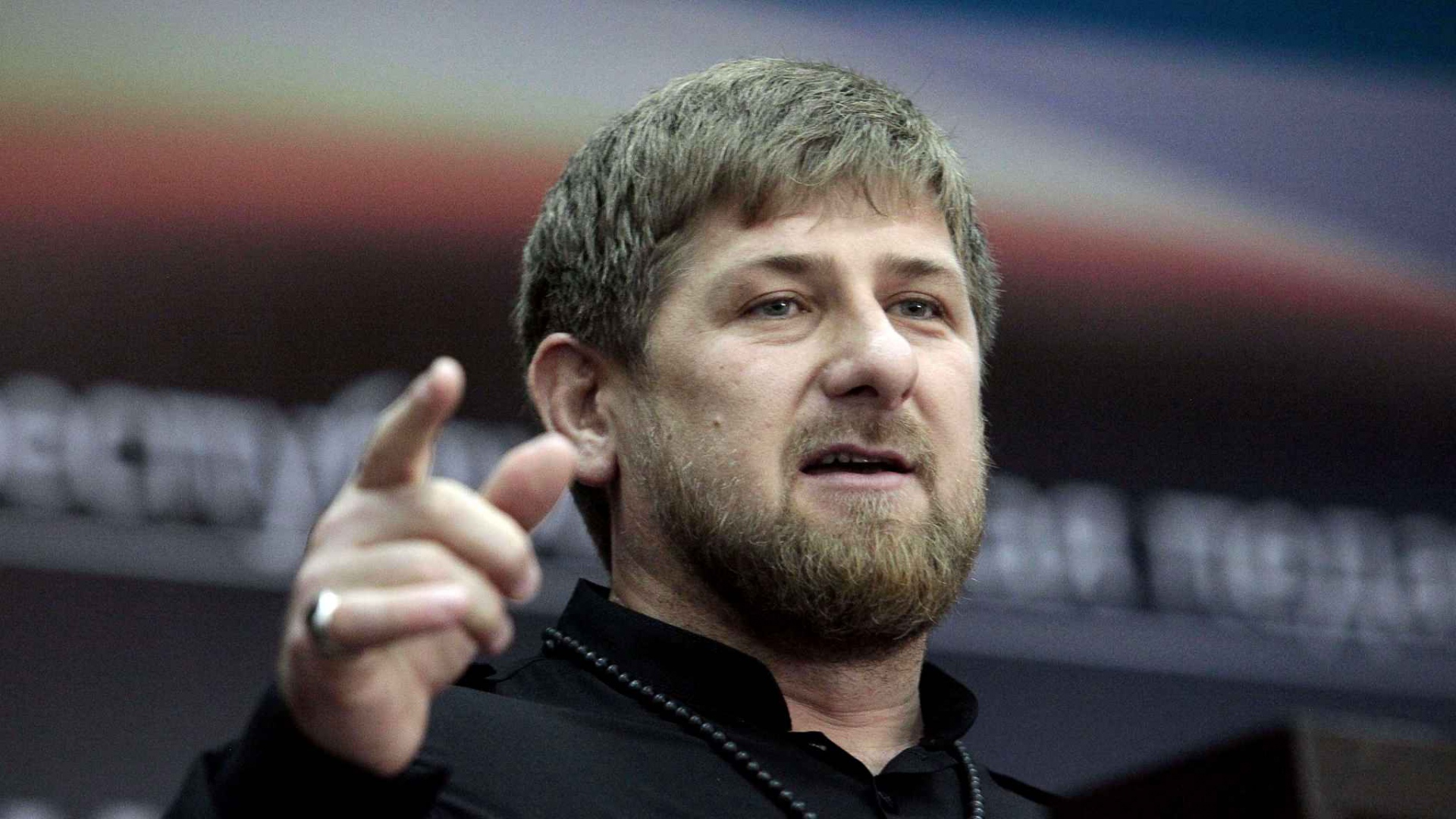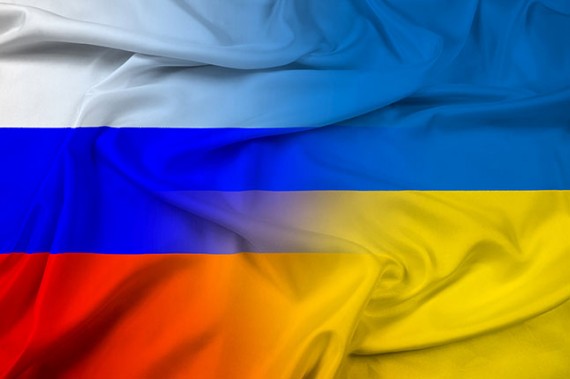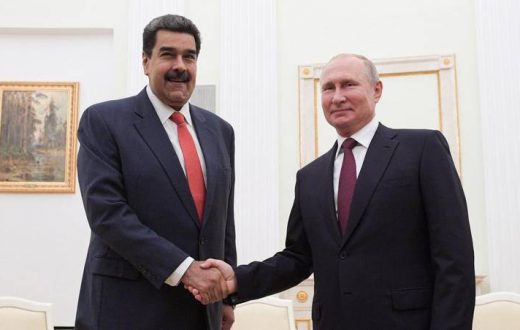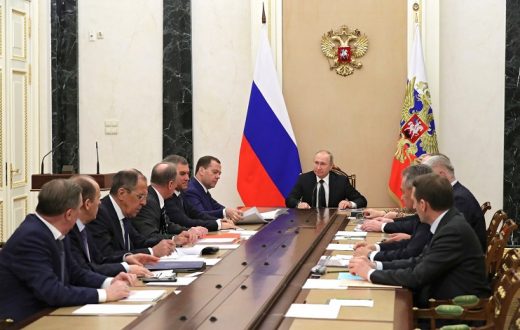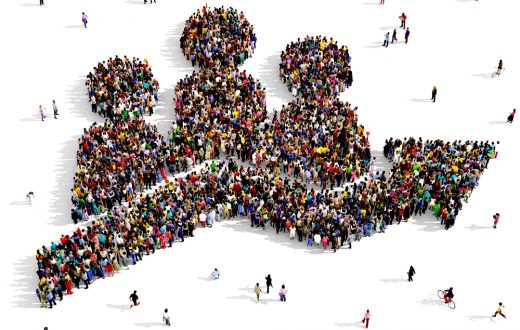After nine years in office, popular Chechen President Ramzan Kadyrov has announced that he is done with public service. In a Feb. 27 interview, he declared that he will leave his post in April at the end of his current term, saying that he has reached his limits and that his time is past. Kadyrov also made it clear that, despite rumors, he will not take a position in the federal government but will retire from public life to focus on his family and his religious studies.
Kadyrov’s departure would leave a power vacuum at the top of one of Russia’s most tumultuous republics. His replacement would be chosen in September regional elections. Chechnya has been consumed twice by brutal conflict since the fall of the Soviet Union, the First Chechen War from 1994 to 1996 and the Second Chechen War, which began in 1999. Kadyrov’s leadership was key to ending this second war in 2009. He has since presided over a period of relative regional stability.
A Chechen Dynasty
The outgoing Chechen president’s rule has its roots in President Vladimir Putin’s power consolidation in the early 2000s. Putin and his then-Deputy Chief of Staff Vladislav Surkov formulated a plan to weaken the various Chechen factions by pitting them against one another. Moscow succeeded in securing the loyalty of Chechen nationalist militants — often through force — and used them against their Chechen Islamist counterparts, who favored terrorist tactics that threatened security nationwide. The Kremlin organized the nationalists into paramilitary brigades under the umbrella of the Russian Interior Ministry to combat radical Islamist groups led by Chechen leaders such as Shamil Basayev, Aslan Maskhadov, Zelimkhan Yandarbiev and Dzhokhar Dudayev. These brigades fought Islamist militants using the guerrilla tactics they once employed against Russian troops, allowing Moscow’s forces to remain behind the lines in a support role. This served the dual purpose of shielding military personnel from the brunt of fighting and placating the local population, which does not support a heavy Russian troop presence.
In the midst of this, two families, the Yamadayevs and the Kadyrovs, rose to prominence. The Yamadayevs, were led by five brothers: Ruslan, Sulim, Isa, Dzhabrail and Badrudi. The Kadyrovs were led by Akhmad, his son Ramzan and other family members. The Kremlin divided power between the two families to balance power in the republic. Akhmad Kadyrov became Chechen president in 2003 but was assassinated in 2004, leaving his son to take the position two years later when he reached legal age to do so. Moscow gave the Yamadayev family various security portfolios, including leadership of the largest Chechen nationalist brigade, the Vostok Special Battalion. Ruslan Yamadayev also entered state Duma where he lobbied against Kadyrov’s dominance of Chechnya.
However, the precarious balance between the two pro-Kremlin families did not bring peace. Both sides systematically worked to undermine the other,carrying out ruthless assassinations. The Yamadayevs fared the worst, with three of the five brothers killed between 2003 and 2009. Another was arrested. The remaining Yamadayev brother announced a truce with the Kadyrov family in 2010. Over the past decade, Kadyrov power has grown. Ramzan Kadyrov now enjoys a cult-like status in Chechnya, and his loyalists are in place throughout the republic and trusted family members hold critical positions.
Ramzan Kadyrov’s ruthless centralized rule has emerged as the ultimate stabilizer in the normally restive republic, and many believe it is his power that has prevented the re-emergence of war. For someone at the peak of his power, his resignation is puzzling. Kadyrov’s announced retirement could, in fact, be a ploy, one aimed at locking in support from the Kremlin for his continued rule. In the past, Kadyrov has said publicly that only Putin keeps him in the presidency. The Chechen leader may be hoping that his announcement will prompt Putin to demand that he remain in his position, giving him a mandate for the future. This would be particularly useful at the moment: Kadyrov is under siege at the national level by numerous powerful Kremlin factions, including the Federal Security Service (FSB), that want to sideline or oust him.
Weighing Successors
But there is still a distinct possibility that the Kremlin will decide it is, in fact, time for a managed transition in Chechnya. This would give the Russian and Chechen sides until September, when all of Russia will hold parliamentary and regional elections, to prepare a successor. There are a number of prospective successors in official positions, many from the Kadyrov family itself.
The most obvious candidate would be Adam Delimkhanov, Kadyrov’s cousin and currently a Duma lawmaker from the United Russia party. Delimkhanov is not only Kadyrov’s close friend, but Kadyrov has also mentioned him in the past as a possible successor. Delimkhanov is popular, especially given his close association with the current Chechen president. But Delimkhanov, like Kadyrov, has made a number of highly public gaffs, albeit less frequently and on a smaller stage. Most notably, Delimkhanov engaged in a highly publicized brawl in the Russian Duma in which he dropped a golden handgun he was carrying. He has also been accused of ordering, orchestrating or participating in a string of kidnappings and assassinations. If the Kremlin is looking to change the behavior of whoever leads Chechnya, Delimkhanov might not be the top choice.
Others within Kadyrov’s clan could also fill the role in a relatively smooth transition. These include the Head of the Presidential Administration (and Kadyrov’s cousin) Islam Kadyrov, Federal Council member (and cousin of Adam Delimkhanov) Suleiman Geremeev, Chief of the Sever Battalion (and brother of Delimkhanov) Alibek Delimkhanov and Security Council Secretary (former commander of Akhmad Kadyrov’s forces during the war) Vahit Usman.
One option, outside of Kadyrov’s cronies and family members, is Grozny Mayor Muslim Khuchiev. The mayor holds a position that grants him a degree of power and public support but has not organized a cadre of loyalists powerful enough to intimidate Kadyrov or his loyalists. Moreover, Khuchiev has been seen to work well with Kadyrov in the past. Khuchiev may be a compromise solution between the clans and the Kremlin. In recent months, Khuchiev has been more frequently seen at Kadyrov’s rallies, making speeches. He has shown a level of command over Grozny, but it is not clear that he, like Kadyrov, can maintain a firm grip on Chechnya.
Prospective Replacements
Editor’s Note: Chechen power politics is opaque and some details below are unconfirmed.
Adam Delimkhanov

Current Position: Federal Duma lawmaker (United Russia)
Credentials: Ramzan Kadyrov’s cousin, described by the Chechen president as his closest friend and mentioned as a successor.
Biographical Details: Some reports claim he was close to infamous separatist militant commander Salman Raduyev, perhaps serving as his driver during the First Chechen War. In 2000, Delimkhanov began working for the Russian Interior Ministry to protect government facilities and energy infrastructure. He became Chechnya’s deputy prime minister in July 2006. Commands approximately 2,000 troops tasked with protecting the republic’s energy assets. He is accused of running the regional oil and gasoline black market. His brother, Alibek, commands the Sever Battalion.
Liabilities: The Kremlin might believe his ostentatious public behavior is too similar to Kadyrov’s. In 2013, Delimkhanov fought with fellow Duma lawmaker, Alexei Zhuravlyov, and dropped a golden gun. Delimkhanov may have organized the assassinations of Ruslan and Sulim Yamadayev — the Kadyrovs’ greatest political rivals. He has also been accused of kidnapping opposition civilians, leaders of rival governments and suspected militants.
Muslim Khuchiyev

Credentials: Grozny mayor (2007-2012, 2015-present)
Biographical Details: Initially worked as a criminal reporter and in advertising. In 2004, then-Chechen President Alu Alkhanov invited him to become his press secretary, though he left when Ramzan Kadyrov came into power. Former vice president of the Akhmad Kadyrov Fund, which invests in large projects in Chechnya. Khuchiyev left his mayoral post in 2012 after Kadyrov accused him of misallocating land. The Kremlin reportedly forced Kadyrov to bring Khuchiyev back to the mayoral seat in 2015 in an attempt to balance out regional power.
Khuchiyev is a fairly independent player, certainly not a Kadyrov ultraloyalist, but has not drifted far from the Chechen president’s policies. Recently, Khuchiyev has been part of public rallies and speeches alongside Kadyrov.
Liabilities: Khuchiyev is seen as outside the Kadyrov circle, so there may be infighting should he replace Kadyrov.
Islam Kadyrov

Credentials: Ramzan Kadyrov’s cousin and head of the Chechen Presidential Administration
Biographical Details: Awarded medals of “Party Fighting in the Caucasus” and “Order of Akhmad Kadyrov.” Previous positions include assistant to Chechen president, mayor of Grozny, and minister of regional property and land relations. Helped overhaul Chechnya’s housing and telephone networks. He has spoken on numerous occasions alongside Ramzan Kadyrov.
Liabilities: Islam Kadyrov is only 29 years old.
Suleiman Geremeev

Credentials: Ramzan Kadyrov’s second cousin and member of the Federation Council of Chechnya
Biographical Details: Served in both Chechen wars, joining pro-Kremlin militias in the second. Was a close associate of former Chechen President Akhmad Kadyrov. Geremeev has made numerous radio appearances endorsing Kadyrov branding the Russian liberal opposition as traitors. Because he is related to Ruslan Geremeev, a suspect in the assassination of opposition leader Boris Nemtsov, some believe Geremeev is tied to the killing.
Liabilities: Geremeev has been implicated in both the Nemtsov and Anna Politkovskaya murders, making him a target for opposition and human rights groups.
Alibek Delimkhanov

Credentials: He is Ramzan Kadyrov’s cousin. Head of the Sever battalion and deputy commander of the Interior Ministry’s 46th Brigade.
Biographical Details: Awarded the title “Hero of Russia.” Questioned in the death of Nemtsov because the primary suspect, Zaur Dadaev, was enlisted in the Sever battalion.
Liabilities: He has no political experience.
Vahit Usman

Credentials: Chechen Security Council Secretary
Biographical Details: Former special operations forces police commander under Akhmad Kadyrov, though formally part of the Interior Ministry. Led around 380 operations against militants between 2004-2009. Kadyrov reportedly gave him oversight of Chechnya’s economic security and social stability.
Liability: Like Delimkhanov, he has limited political experience.

